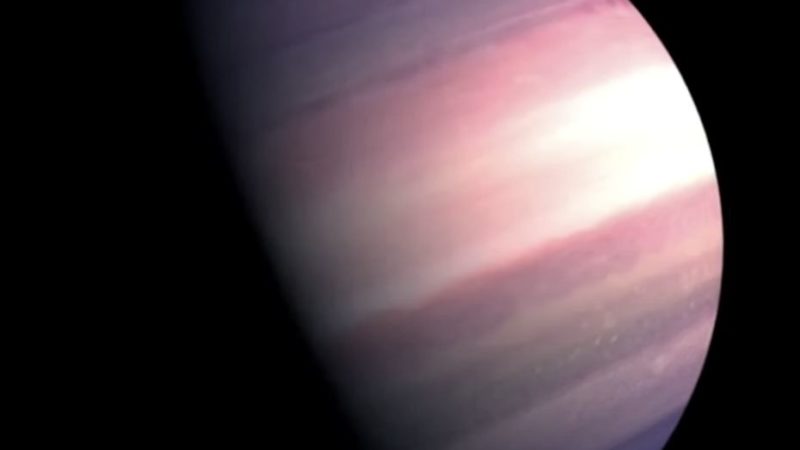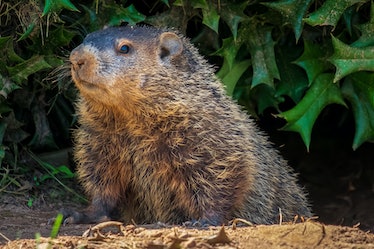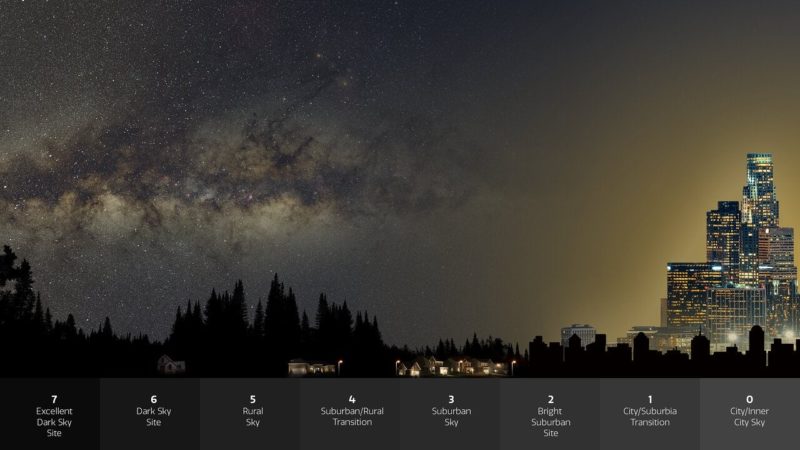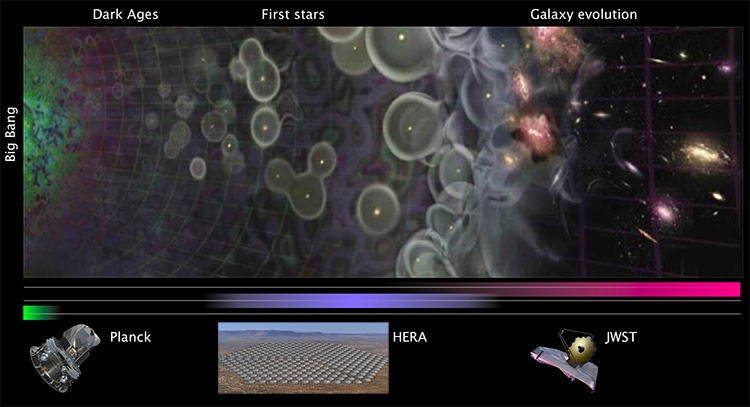Nobel Prize-Winning Astronomer Says We Will Likely Find Aliens in 30 Years – Newsweek
A cosmologist who was awarded the Nobel Prize in Physics Tuesday has said he is convinced extraterrestrial life exists and that we will likely find evidence of it within 30 years.
Speaking at an event in London earlier this week, Swiss researcher Didier Queloz, 52, suggested that the odds of finding life beyond our planet were strongly in our favor, .
“I can’t believe we are the only living entity in the universe,” Queloz said. “There are just way too many planets, way too many stars, and the chemistry is universal. The chemistry that led to life has to happen elsewhere.”
He added that within the next 30 years, we will have built more advanced technology that can better detect signs of biological activity on distant worlds.
Queloz—who currently works at the University of Cambridge in the U.K.—was awarded the Nobel Prize this year for discovering the first planet outside our solar system nearly a quarter of a century ago.
In 1995, Queloz and his Ph.D. supervisor at Princeton, Michel Mayor—who he shared this year’s Nobel Prize with—discovered the Jupiter-like exoplanet 51 Pegasi b orbiting a star around 50 light-years away. They identified the planet using a now-tried-and-tested method, known as Doppler spectroscopy, which looks for the tiny wobbles that a star makes as a planet orbits around it.
Since the discovery of 51 Pegasi b, more than 4,000 confirmed exoplanets have been found, revolutionizing our understanding of the universe and boosting hopes for finding life beyond our solar system. As evidence of his influence on the field, Queloz currently has more than 100 astronomical objects named after him.
“We opened a new window in astrophysics—we demonstrated that there are other planets like the ones we have orbiting our solar system,” he said. “It was expanding our horizons, and once you start doing that there are a lot of questions you can start asking… why are we like we are?”
Lisa Kaltenegger, director of Cornell University’s Carl Sagan Institute and one of the world’s leading exoplanet experts, said that the discovery of these distant worlds has paved the way for new methods of finding if alien life exists.
“The discovery opened our exploration of these brand-new worlds, and now 24 years later we are at the verge of finding out if we are alone in the universe,” she said in a statement. “We have discovered that every fifth star has a planet that could be just like our own. With 200 billion stars in our galaxy alone, I really like our chances of finding life in the universe.”
“The next step is to collect enough light from these small planets in the habitable zone to figure out if there are signs of life in their atmosphere,” she said. “We are already building the telescopes that can collect enough light to answer the fundamental question of whether we are alone in the universe—or not.”
These telescopes include the next-generation James Webb Telescope—scheduled for launch in 2021—which will have the power to reveal intricate details about the properties of planets.
Just recently, scientists searching for life in the universe welcomed the announcement that water vapor had been detected for the first time in the atmosphere of an exoplanet—the “super-Earth” K2-18b, located around 110 light-years away from us.
We don’t know whether life does or does not exist there. But the traces of water in the atmosphere and the fact that the planet lies in the habitable zone—the region around a host star within which liquid water, a key component for life as we know it, could exist on the surface—certainly makes it a promising candidate.
Alongside Michel Mayor, Queloz also shared this year’s physics prize with Canadian scientist James Peeble at Princeton for his work in the field of physical cosmology, which casts new light on the very beginnings of the universe.






